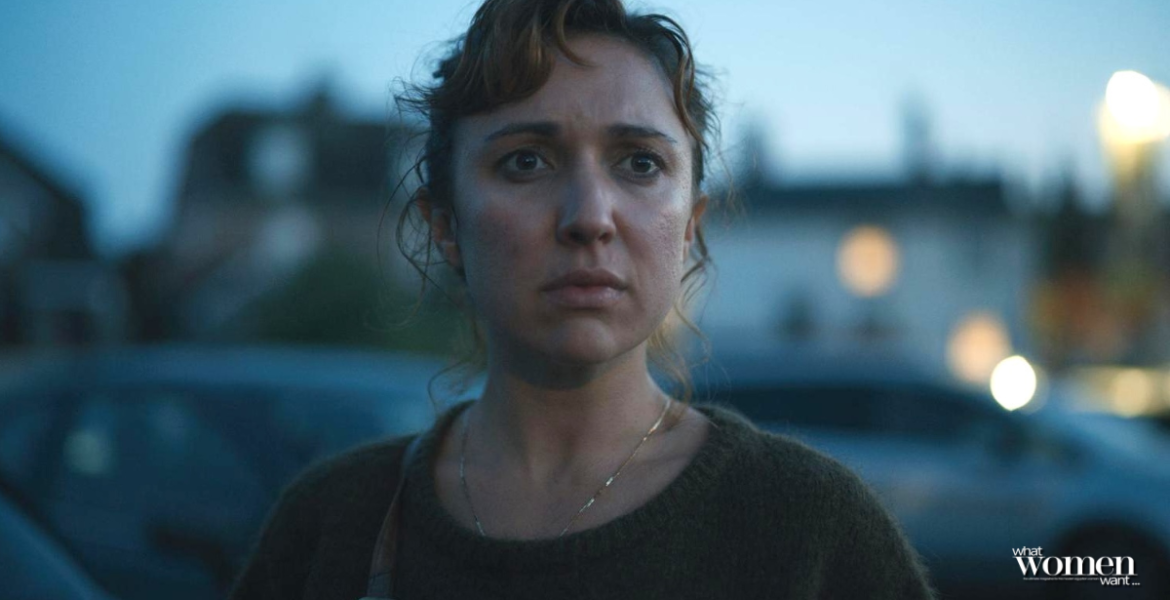“Five Weeks” discusses the unspoken complexities of postpartum depression. It’s a short film from the UK. The film was a part of the Connections program at the Medfest Film Festival. The film encapsulates the idea behind the program, which talks about unspoken bonds between parents and their children. The film’s protagonist is played by Esther Smith, who performs beautifully. It’s written and directed by Geej Ower.
“Five Weeks”
The film follows Jen, a new mother who gave birth to a baby girl. The film’s name connotes that Jen has been a mom for five weeks. The new mom goes to the market with urgency to get back to her baby as soon as possible. Throughout the film, we see Jen’s feelings of isolation. The film explores the vulnerable psyche of new moms and the emotional strain they feel after giving birth.
The Storytelling
At first, we don’t know that Jen is a new mother. We later learn that she is a new mother who has just moved back home. This helps the audience understand the abruptness of the first scene. The film slowly but surely shows us the full picture of Jen. The flow of the storytelling makes the audience understand the difficult and transformative situation Jen is in. As the film illustrates, Jen isn’t just dealing with tiredness, anxiety, and confusion. She is dealing with postpartum depression, moving back home, and learning how to become a mother.
Eerie Aura
The eerie soundtracks, shots, and acting add beautifully to the film’s eerie aura. The soundtracks help present the feelings Jen feels in each situation and present the film’s message well. We see that in the fast car sounds. Jen’s franticness shows through the screen when she thinks she forgot her keys in the market, when all along they were in her purse. The anxiety she feels when her motherly instincts swoop in, feeling the urgency to go back home to her baby.
Postpartum Depression
The film breaks the stigma that new moms have to be happy and instead shows the complexities of new motherhood and what’s under the surface. A stigma that many older moms have, which is shown in Jen’s encounter with her friend’s mom.
At the end, when Jen is back at her house with her daughter, watching TV and breastfeeding her. We see her husband coming back from work, and the film ends with this kind of complex look on Jen’s face that shows she goes through many emotions in that moment. Ultimately, I believe that in that moment, Jen didn’t feel alone with her husband checking on her, and her baby in her arms. This is one of the most important things women with postpartum should feel, which is support, knowing that she is not alone. This ending also shows the multiple and complex layers postpartum depression can have.
The Curation of the Film
The direction and storytelling perfectly curate the mystery of the film, dropping hints and information about the protagonist’s life till we see the full picture. “Five Weeks” discusses the unspoken complexities of postpartum depression. Throughout the movie, we see Jen trying to contain all the complex feelings she is going through alone. In the end, she is reminded that she isn’t going through this alone. Esther Smith’s acting delivers a beautiful performance. We see her acting shining through, showcasing Jen’s feelings and anxiety written all over her face, the tiredness and anxiety, even in her body language, leaving the market.

